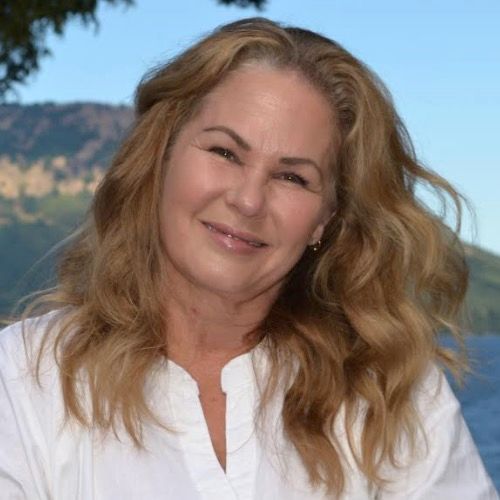How To Get A Mortgage After Bankruptcy
Sometimes life throws you a financial curveball. Bankruptcy and consumer proposals happen. It doesn’t mean your life is over, and it doesn’t mean you won’t ever qualify for a mortgage again.
The key to financial success here is getting things under control as quickly as possible. You must demonstrate to the potential lenders that what happened in the past won’t happen again in the future.
So if you’re thinking about getting a mortgage post-bankruptcy, lenders will want answers to the following questions:
How long have you been discharged?
Securing a mortgage will be dependent on how long it has been since you were discharged from your bankruptcy or consumer proposal. Most lenders consider the discharge date on both to be your new ground zero.
And while there is no legally defined waiting period for when you can apply for a new mortgage post-bankruptcy, what lenders will assess is how you’re managing your finances after your financial troubles.
Have you established new credit?
You can show lenders that they can trust you after bankruptcy by establishing new credit and managing that credit flawlessly. So as soon as you’ve been discharged, it’s a good idea to get a secured credit card and start rebuilding your credit score.
To be considered completely established, you’ll want to have two years of credit history on two trade lines with a credit limit of $2500 on each trade line. You’ll also want to make sure that you have no late or missed payments.
How much do you have available for a downpayment?
The more money you have to put towards purchasing a property, or the more equity you have in your property in the case of a refinance, the better your chances of getting a mortgage. The more money you bring to the table, the more comfortable a lender will feel about the risk they take of losing their investment should you run into future financial difficulty.
What is your total debt service ratio?
Another consideration lenders will look at is how much money you make compared to the cost of making your mortgage payments. So it probably goes without saying that the more money you make compared to the amount you want to borrow, the better.
Conventional or insured financing.
If you’re looking to get the best mortgage products available, here are some of the things a lender will want to see:
- You’ve been discharged for at least two years plus a day.
- You’ve established your credit (as listed above).
- You have at least 5% down for the first $500k of the purchase and 10% down for anything over $500k.
- If you don’t have a 20% downpayment, you will be required to secure mortgage insurance through CMHC, Sagen (formerly Genworth), or Canada Guaranty.
- The cost to service the property and all your debts don’t exceed 44% of your gross income.
Alternative lending
As independent mortgage professionals, our job is to provide solutions and strategies for our clients. As such, in addition to dealing with many traditional lending institutions, we also have access to lenders who specialize in working with clients whose financial situation isn't all that straightforward. These private lenders offer alternative lending solutions that consider the overall strength of your mortgage application.
While you won’t qualify for the best rates and terms on the market by going with an alternative lender, if you’re looking for options, you might find that alternative lending is a very reasonable solution for you. Alternative lending isn’t for everyone, but it’s an excellent solution for some, especially if you’ve gone through a bankruptcy or consumer proposal and need a mortgage before fully establishing your credit.
Get in touch anytime.
So whether you’re looking for a plan to help you qualify for a mortgage with the most favourable terms or if you need something more immediate. Please connect anytime. It would be a pleasure to outline your options and work on a plan to get you a mortgage.



